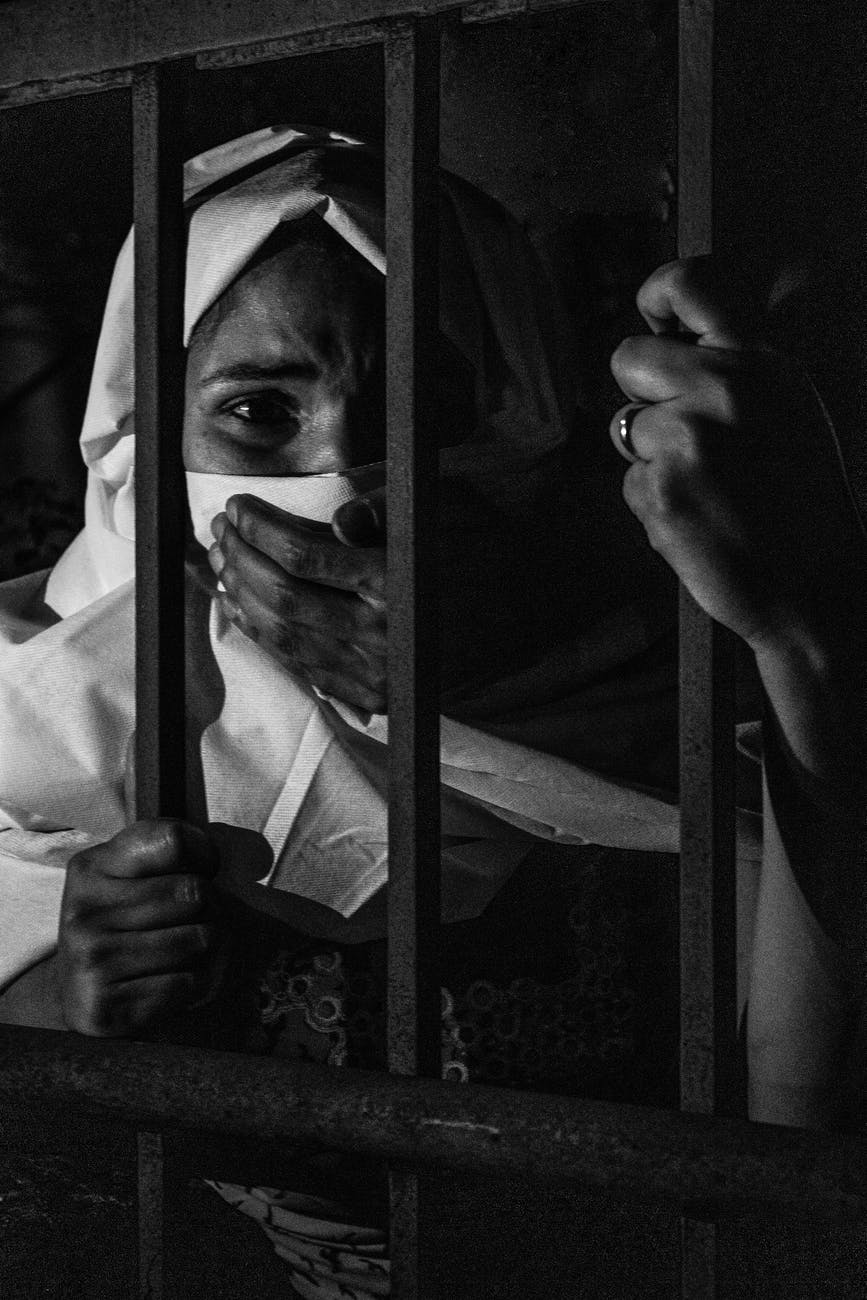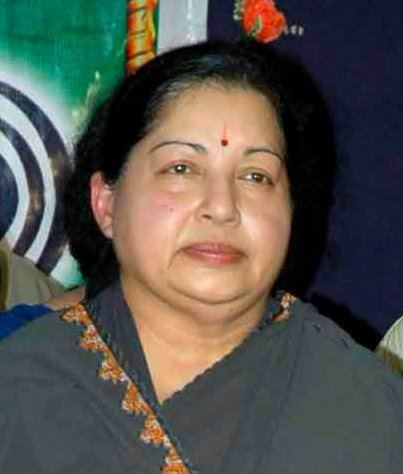Governors remain in office during the pleasure of President of India
Article 156 of the Constitution of India:
Governor is Constitutional head of each State/Province in India and he is appointed by President of India. Article 153 of the Constitution provides that there shall be a Governor for each State. Article 154 vests the executive power of the state in the Governor. Article 155 provides that the Governor of a State shall be appointed by the President, by warrant under his hand and seal. Article 156 relates to term of office of Governor which provides:
156. Term of office of Governor.–(1) The Governor shall hold office during the pleasure of the President.
(2) The Governor may, by writing under his hand addressed to the President, resign his office.
(3) Subject to the foregoing provisions of this article, a Governor shall hold office for a term of five years from the date on which he enters upon his office:
Provided that a Governor shall, notwithstanding the expiration of his term, continue to hold office until his successor enters upon his office.
Doctrine of Pleasure of President in Constitution of India:
The Constitution refers to offices held during the pleasure of President (without restrictions), offices held during the pleasure of the President (with restrictions) and appointments to which the said doctrine is not applicable. The Articles in the Constitution of India which refer to the holding of office during the pleasure of the President without any restrictions or limitations are Article 75(2) relating to ministers, Article 76 (4) relating to Attorney General and Article 156(1) relating to Governors. Similarly Article 164(1) and 165(3) provides that the Ministers (in the States) and Advocate General for the State shall hold office during the pleasure of the Governor.
Article 310 read with Article 311 provide an example of the application of `at pleasure’ doctrine subject to restrictions. Clause (1) of Article 310 relates to tenure of office of persons serving the Union or a State, being subject to doctrine of pleasure. However, clause (2) of Article 310 and Article 311 restricts the operation of the `at pleasure’ doctrine contained in Article 310(1).
The rule of English law pithily expressed in the latin phrase `durante bene placito (“during pleasure”) has not been fully adopted either by S. 240 of the Government of India Act, 1935 or by Art. 310(1) of the Constitution. The pleasure of the President is clearly controlled by the provisions of Art. 311, and so, the field that is covered by Art. 311 on a fair and reasonable construction of the relevant words used in that article, would be excluded from the operation of the absolute doctrine of pleasure. The pleasure of the President would still be there, but it has to be exercised in accordance with the requirements of Art. 311. (See Moti Ram v. N.E. Frontier Railway, AIR 1964 SC 600)
Judicial Review of Doctrine of Pleasure of President:
The doctrine of pleasure as originally envisaged in England was a prerogative power which was unfettered. It meant that the holder of an office under pleasure could be removed at any time, without notice, without assigning cause, and without their being a need for any cause. But where rule of law prevails, there is nothing like unfettered discretion or unaccountable action. The degree of need for reason may vary. The degree of scrutiny during judicial review may vary. But the need for reason exists. As a result when the Constitution of India provides that some offices will be held during the pleasure of the President, without any express limitations or restrictions, it should however necessarily be read as being subject to the “fundamentals of constitutionalism”. Therefore in a constitutional set up, when an office is held during the pleasure of any Authority, and if no limitations or restrictions are placed on the “at pleasure” doctrine, it means that the holder of the office can be removed by the authority at whose pleasure he holds office, at any time, without notice and without assigning any cause. The doctrine of pleasure, however, is not a licence to act with unfettered discretion to act arbitrarily, whimsically, or capriciously. It does � not dispense with the need for a cause for withdrawal of the pleasure. In other words, “at pleasure” doctrine enables the removal of a person holding office at the pleasure of an Authority, summarily, without any obligation to give any notice or hearing to the person removed, and without any obligation to assign any reasons or disclose any cause for the removal, or withdrawal of pleasure. The withdrawal of pleasure cannot be at the sweet will, whim and fancy of the Authority, but can only be for valid reasons.
Extent of Pleasure of the President:
A plain reading of Article 156 shows that when a Governor is appointed, he holds the office during the pleasure of the President, which means that the Governor can be removed from office at any time without notice and without assigning any cause. It is also open to the Governor to resign from office at any time. If the President does not remove him from office and if the Governor does not resign, the term of the Governor will come to an end on the expiry of five years from the date on which he enters office. Clause (3) is not intended to be a restriction or limitation upon the power to remove the Governor at any time, under clause (1) of Article 156. Clause (3) of Article 156 only indicates the tenure which is subjected to the President’s pleasure.
Removal of Governor from office:
A Governor cannot be removed on the ground that he is not sync or refuses to act as an agent of the party in power at the Centre. Though the Governors, Ministers and Attorney General, all hold office during the pleasure of the President, there is an intrinsic difference between the office of a Governor and the offices of Ministers and Attorney General. Governor is the Constitutional Head of the State. He is not an employee or an agent of the Union Government nor a part of any political team. On the other hand, a Minister is hand-picked member of the Prime Minister’s team. The relationship between the Prime Minister and a Minister is purely political. Though the Attorney General holds a public office, there is an element of �lawyer-client relationship between the Union Government and the Attorney General. Loss of confidence will therefore be very relevant criterion for withdrawal of pleasure, in the case of a Minister or the Attorney General, but not a relevant ground in the case of a Governor.
When a Governor holds office during the pleasure of the Government and the power to remove at the pleasure of the President is not circumscribed by any conditions or restrictions, it follows that the power is exercisable at any time, without assigning any cause. However, there is a distinction between the need for a cause for the removal, and the need to disclose the cause for removal. While the President need not disclose or inform the cause for his removal to the Governor, it is imperative that a cause must exist. If we do not proceed on that premise, it would mean that the President on the advice of the Council of Ministers, may make any order which may be manifestly arbitrary or whimsical or mala fide. Therefore, while no cause or reason be disclosed or assigned for removal by exercise of such prerogative power, some valid cause should exist for the removal. Therefore no reason need be assigned and no � cause need be shown and no notice need be issued to the Governor before removing a Governor.
The bar contained in Article 74(2) will not come in the way of the court inquiring whether there was any material on the basis of which such advice was given, whether such material was relevant for such advice and whether the material was such that a reasonable man could have come to the conclusion which was under challenge. Therefore, though the sufficiency of the material could not be questioned, legitimacy of the inference drawn from such material was open to judicial review.
Conclusions of Supreme Court in B.P. Singhal’s case:
(i) Under Article 156(1), the Governor holds office during the pleasure of the President. Therefore, the President can remove the Governor from office at any time without assigning any reason and without giving any opportunity to show cause.
(ii) Though no reason need be assigned for discontinuance of the pleasure resulting in removal, the power under Article 156(1) cannot be exercised in an arbitrary, capricious or unreasonable manner. The power will have to be exercised in rare and exceptional circumstances for valid and compelling reasons. The compelling reasons are not restricted to those enumerated by the petitioner (that is physical/mental disability, corruption and behaviour unbecoming of a Governor) but are of a wider amplitude. What would be compelling reasons would depend upon the facts and circumstances of each case.
(iii) A Governor cannot be removed on the ground that he is out of sync with the policies and ideologies of the Union Government or the party in power at the Centre. Nor can he be removed on the ground that the Union Government has lost confidence in him. It follows therefore that change in government at Centre is not a ground for removal of Governors holding office to make way for others favoured by the new government. (iv) As there is no need to assign reasons, any removal as a consequence of withdrawal of the pleasure will be assumed to be valid and will be open to only a limited judicial review. If the aggrieved person is able to demonstrate prima facie that his removal was either arbitrary, malafide, capricious or whimsical, the court will call upon the Union Government to disclose to the court, the material upon which the President had taken the decision to withdraw the pleasure. If the Union Government does not disclose any reason, or if the reasons disclosed are found to be irrelevant, arbitrary, whimsical, or malafide, the court will interfere. However, the court will not interfere merely on the ground that a different view is possible or that the material or reasons are insufficient.
[Source: B.P. Singhal v.Union of India (Supreme Court of India)]

